AI Revolution: From Sci-Fi to Everyday Life
Imagine a world where computers can understand our conversations, navigate complex environments, and even learn and improve on their own. This isn’t science fiction anymore; it’s the power of Artificial Intelligence (AI), and it’s rapidly transforming our lives.
What is Artificial Intelligence (AI)?
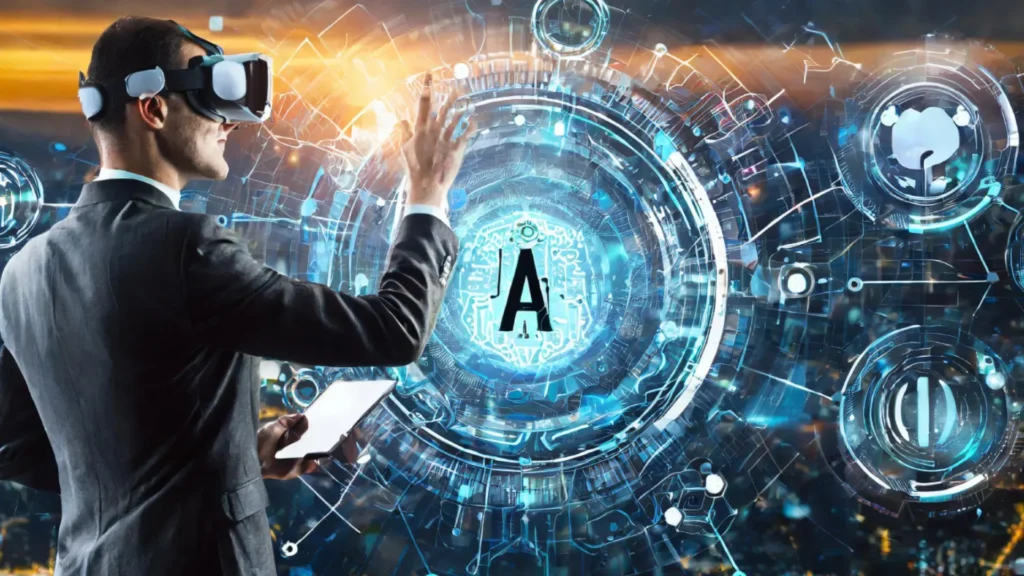
AI refers to intelligent systems that can simulate human cognitive abilities. These systems are programmed with algorithms that allow them to analyze data, identify patterns, and make decisions. There are different types of AI, but some of the most common include:
- Machine Learning: This type of AI learns from data without explicit programming. By analyzing vast amounts of information, machine learning algorithms can improve their performance over time.
- Natural Language Processing (NLP): NLP enables computers to understand and generate human language. This technology powers features like machine translation, chatbots, and sentiment analysis.
- Computer Vision: Computer vision allows computers to interpret and understand visual information. This is crucial for self-driving cars, facial recognition systems, and object detection in images and videos.
How is Artificial Intelligence (AI) Impacting Our World?
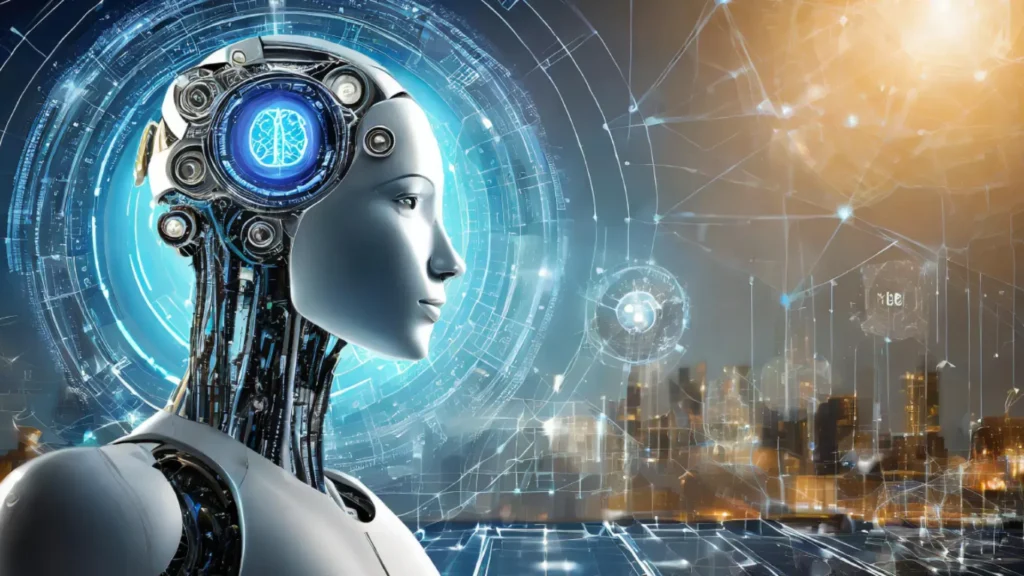
AI is revolutionizing various industries and aspects of our daily lives. Here are some exciting applications:
Healthcare
AI is assisting doctors in diagnosing diseases with greater accuracy, developing personalized treatment plans, and even accelerating drug discovery. Furthermore, AI-powered tools can analyze medical images with greater precision than humans, aiding in early disease detection.
Education
AI-powered tutors can provide personalized learning experiences for students, catering to their individual needs and learning styles. In addition, AI can analyze student performance data to identify areas where students need extra support, allowing teachers to personalize their instruction.
Business
AI helps businesses analyze vast amounts of data to gain valuable insights, improve decision-making, and automate repetitive tasks. For instance, AI can analyze customer data to predict buying habits and personalize marketing campaigns for maximum impact.
Manufacturing
AI can optimize production processes, improve product quality control, and even predict equipment failures for preventive maintenance. Moreover, AI can be used to automate tasks in factories, improving efficiency and reducing costs.
Transportation
Self-driving cars powered by AI are on the horizon, promising a future of safer and more efficient transportation. While self-driving car technology is still under development, the potential benefits for reducing traffic accidents and congestion are significant.
These are just a few examples, and the potential applications of AI continue to grow.
The Future of Artificial Intelligence (AI)
As AI technology continues to evolve, we can expect even more groundbreaking applications to emerge. However, it’s important to consider the ethical implications of AI development and ensure it’s used responsibly for the betterment of humanity.
This AI revolution is already transforming our world, and the future holds even more exciting possibilities. Are you ready to experience the power of AI?

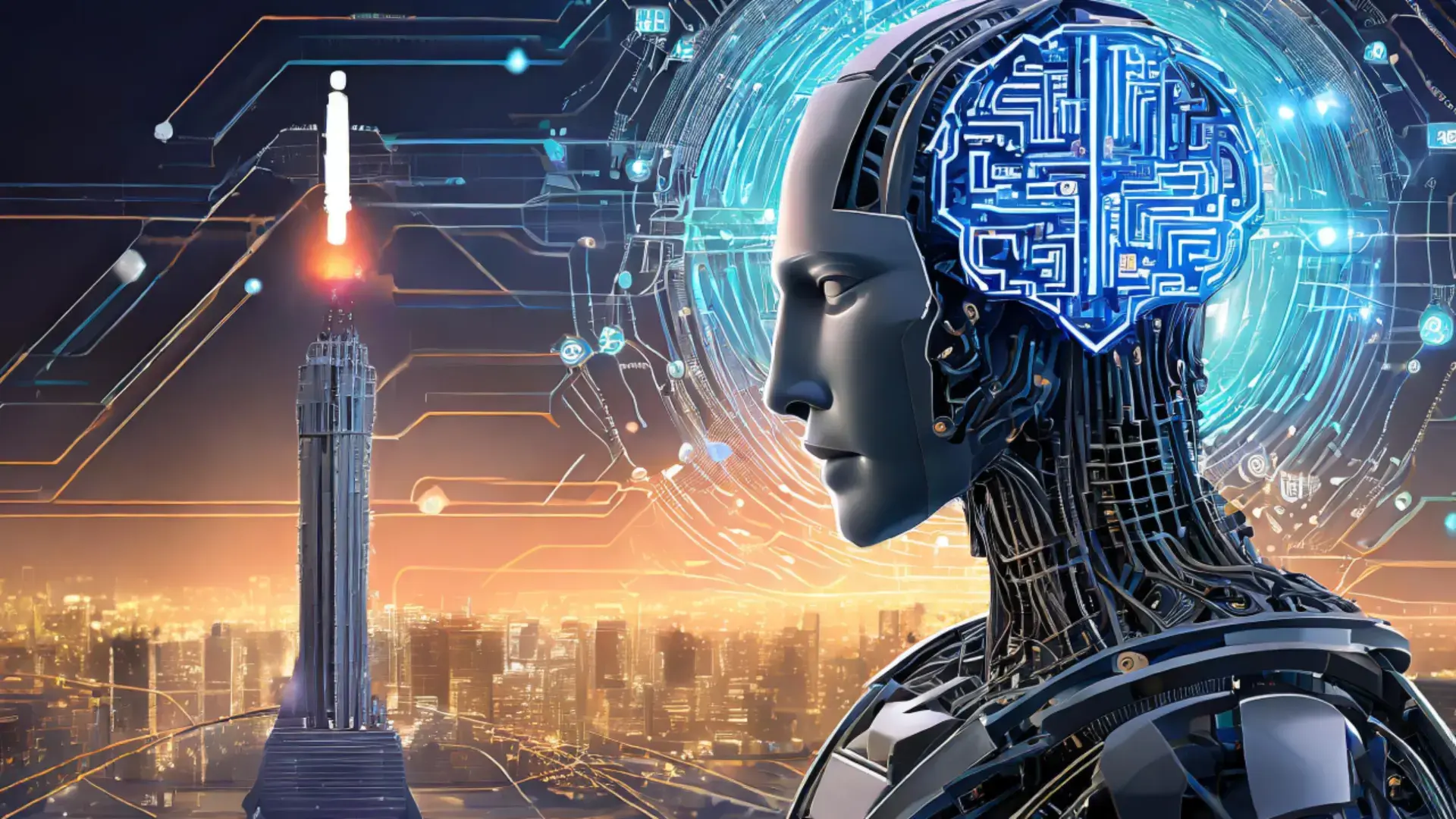
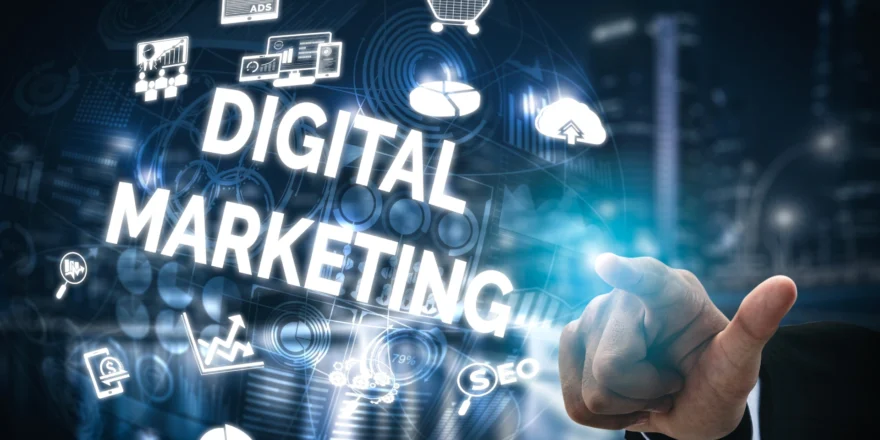
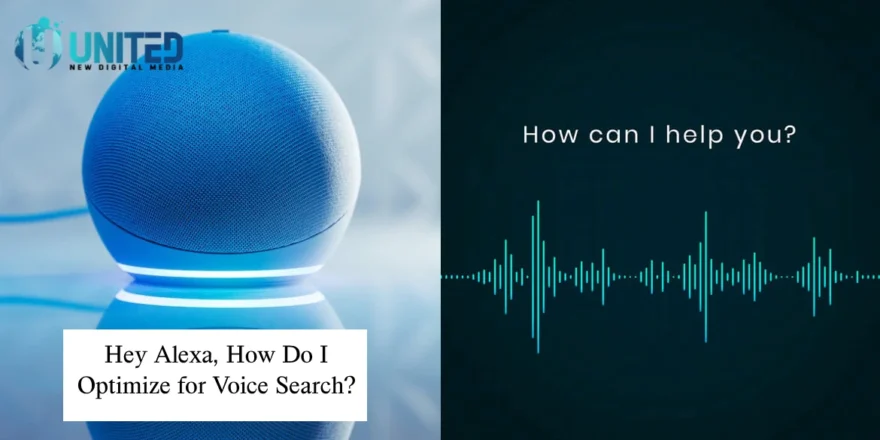


Your blog has been instrumental in my understanding of email marketing open rates.
I appreciate your detailed explanations of email marketing metrics.